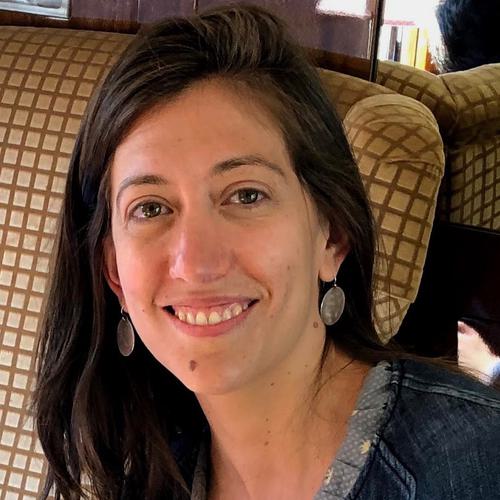
Sara Kippur
Professor of French and Francophone Studies
Links
A scholar of 20th- and 21st- century French and Francophone literature and culture, with a particular interest in experimental and avant-garde writers
My research connects translation theory, book history, and media studies to frame our understanding of modern and contemporary fiction written in French. My first book, Writing It Twice: Self-translation and the Making of a World Literature in French (Northwestern University Press, 2015) looks at the ways that 20th-century self-translators, by writing the same books in French and other world languages, prompted a reexamination of the aesthetics and politics of reading across national lines. My next book, New York Nouveau: How Postwar French Literature Became American (forthcoming from Stanford University Press, 2025) proposes a new French literary history that traces the deep connections between post-45 literary experimentalism and the New York publishing industry, arguing that U.S.-based editors, publishers, producers, professors, and translators crucially intervened to shape French literature. With new archival discoveries stitched together from special collections and personal libraries on both sides of the Atlantic, that project amplifies the voices and stories of marginalized figures in French literary studies.
My scholarly interest in translation informs my pedagogical approach. I encourage my students to recognize their role as translators of a sort who can bridge cultural and linguistic boundaries through close attention to language. My courses empower students to dive deeply and confidently into a wide range of materials, and to hone their analytical skills through creative projects. In addition to French language and survey courses, I have taught literature seminars, at both Wellesley and Trinity College, on such topics as “Literary Games in Postmodern and Contemporary Fiction,” “French Radicals,” and “The Task of the Translator.” I'm looking forward in Spring 2025 to teaching a new course about the past and present of "Francophone Boston."
I have been actively involved in the Modern Language Association, including serving on the PMLA editorial board (2022-2024) and on the executive committees for European Regions (2017-2022) and 20th-century French Studies (2024-2029). I have been fortunate to have benefitted from fellowships at the Suzy Newhouse Center (2020-2021) and the Camargo Foundation in Cassis, France (Spring 2024), where I began research for a new cultural history project about a wartime artists’ colony in Oppède, France.
Outside of research and teaching, you can find me eating pastries, doing yoga, or playing board games with my kids.
Education
- B.A., Princeton University
- M.A., Harvard University
- Ph.D., Harvard University